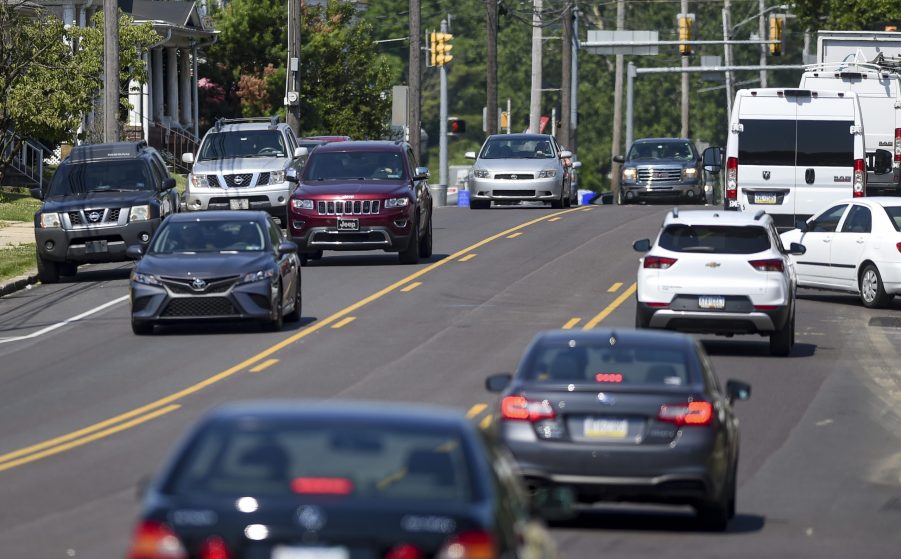
Only Driving Short Distances Is Killing Your Car, Here’s Why
You may not realize it, but every time you drive less than 20 minutes, you’re shortening your car‘s lifespan. Engines are built to run, especially diesel engines. So not allowing them to get up to operating temperatures is doing more harm than good. So if you want to take the best possible care of your car, you need to drive it.

Going on longer drives lets your engine heat up
You don’t need to be a mechanic to know that engines get hot. But as long as the cooling system works, it takes a couple of minutes of driving to reach normal operating temperatures. If you have a temperature gauge on the dash, the needle will usually sit right in the middle of hot and cold.
Now, to understand why it’s important that your engine gets hot, you need to understand how it works. When fuel enters the chamber and gets ignited, the explosion creates carbon and water. If the engine doesn’t heat up, the emissions can’t burn up the water and evaporate out of the tailpipe. It just sits there.
And if you know anything about metal, it’s that it doesn’t mix well with water. By only driving short distances, moisture will accumulate in your tailpipe, but if the car doesn’t get hot, it won’t evaporate. This will create rust holes in the tailpipes, mufflers, and catalytic converters that’ll be expensive to repair. Worse than that, water left in the cylinders will damage the entire engine block.
After starting the car, your alternator needs to charge the battery

According to Car Talk, another problem caused by constant short drives is that your battery might get weaker. Starting a car takes more energy than you think, and afterward, it needs a recharge from the alternator. If you only go on short drives, the alternator can’t charge the battery enough and, eventually, you’ll find yourself with a dead battery.
Getting a jumpstart is the quickest way to get enough juice back into your car. But if you don’t want to rely on another battery, all you need to do is let your alternator do its job by driving further distances.
Short distances aren’t just bad for your car; they’re bad for the planet

Because everything is cold, including the oil sloshing in the cylinder chambers, it’s not as easy to ignite fuel. To solve this problem, your car’s computer will feed the engine a richer mixture of fuel, which creates more emissions. It’s one of the reasons that, upon first starting your car, the fumes from the tailpipe may smell much stronger than they usually do.
This is true for all cars, so long as they’re powered by gasoline or diesel (electric cars, not so much). A combination of weak batteries, smelly tailpipe emissions, and rust will take effect if you just do short trips. Anything from a five to 10-minute drive. The solution? Drive your car.
The simple solution is to drive your car

Every so often, take the scenic route to your destination. Sure, it might take more time, but it’ll allow the engine to heat up and burn away any excess moisture. It’ll also allow the battery to charge. And above all else, it allows you to just drive. After all, driving can be a leisurely activity, a simple pleasure to get you away from day-to-day life. Just take 20 minutes to let your car get up to speed (no pun intended).
Knowing this can also help you become a cleaner driver. Let’s say you have two errands to run, errand A and errand B, and that point A is closer, and point B is further. Rather than driving to point A, then point B, then home. Drive to point B, then to point A.
If you only drive short distances, you aren’t giving your car enough time to warm up. But by driving the long distance first, your car not only warms up but will be warm once you get out of the store. That way, you aren’t overworking your engine with point-to-point stops.
Now, if you’d excuse me, I’m going to go do what my car was designed to do.


